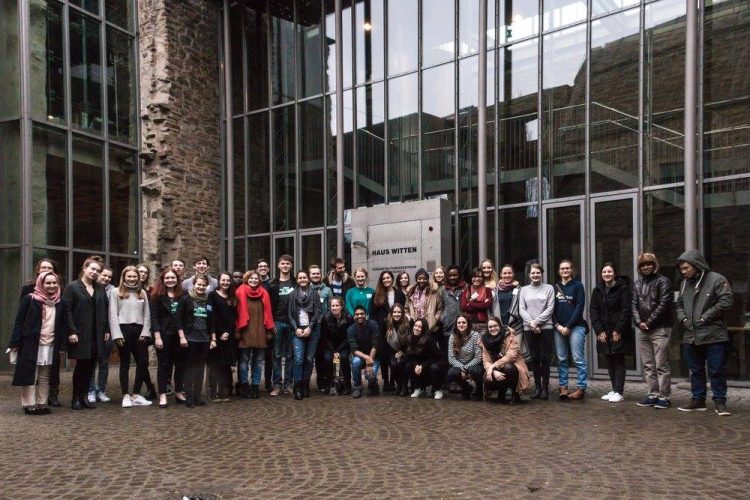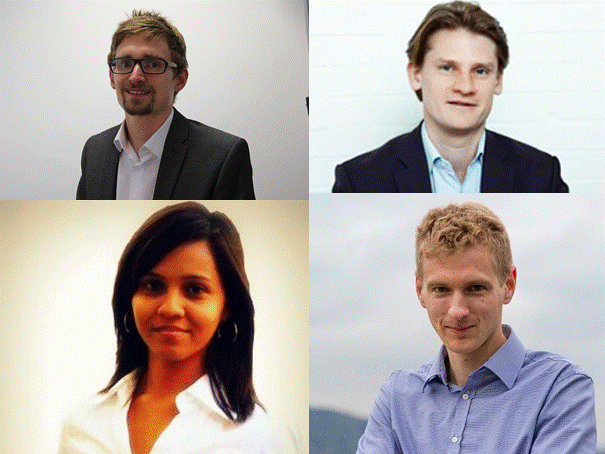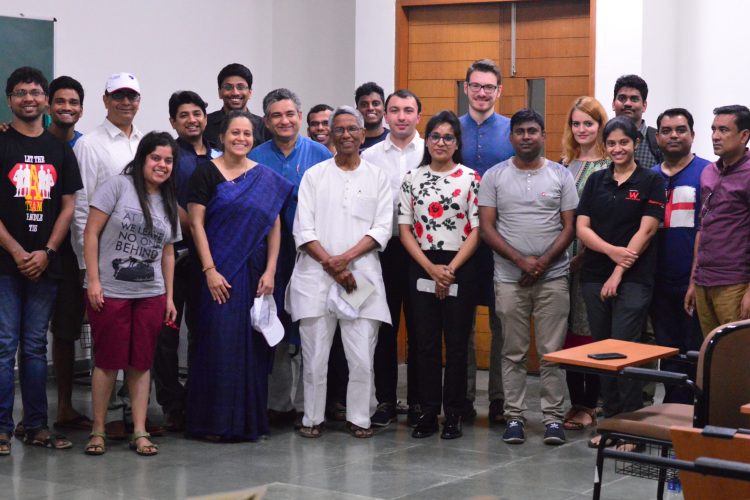The FutureLab is a Learning Platform and Conference for our member base, our Alumni, our partners, faculty and stakeholders. Once a year we convene in St. Gallen to advance...
Increased global interconnectivity has encouraged a prevalence of forums that seek to organise and facilitate action on sustainability and inequality on a global scale. A body of work has...
From 5 to 11 March 2017 oikos Winter School took place in Witten, Germany. The Winter School was titled “You call it Eco. We call it common sense. Sustainability...
Join oikos Brussels on March 29th for their debate on responsible finance. Find more information on Facebook: https://www.facebook.com/events/236377500161145/. Mind that you need to register. Vous qui pensez que la...
Warmer days have come with March already here! While you book your tickets for the Spring Meeting in Hamburg to #UseYourPower, don’t forget to check out how to compensate...
The second oikos alumni debate online took place on February 22nd and as with the first, it was a true oikos product: made by alumni for alumni. The evening...
From 18 to 20 February oikos Asia Meet 2017 took place in Kolkata, India. The event gathered participants from all over Asia and united them under the theme Together...





